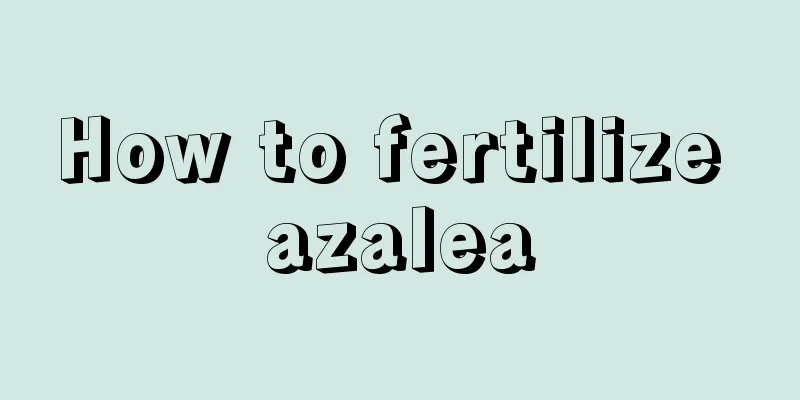Does the Albizia Julibrissin grow fast? How high can it grow in a year?

Albizia Julibrissin Growth EnvironmentGrowth environment: Albizia Julibrissin is a temperate, subtropical, and tropical tree species. It likes sunlight, is not shade-tolerant, can adapt to a variety of climatic conditions, is not strict on soil, is drought-tolerant and barren, is not cold-tolerant, is not waterlogged, and grows well in moist and fertile soil. The roots contain rhizobia, which can improve the soil. It has shallow roots, weak germination ability, and is not tolerant to pruning. It has a long flowering period. Where it grows : Albizia julibrissin mainly grows on roadsides, forest edges and hillsides. It is distributed in a wide area from the Yellow River Basin to the Pearl River Basin in Jiangsu. Growth rate of Albizia JulibrissinThe Albizia Julibrissin grows very fast. The fastest speed for this tree to grow to 30-48 meters is 64 months. If this tree is planted in fertile, loose, well-drained soil, it will bloom in 3 to 5 years. It blooms from June to July every year and can also bear fruit from August to October. How to make the Albizia Julibrissin grow faster1. Soil: Albizia Julibrissin has low requirements for soil, is tolerant to barrenness, and has strong adaptability. It is best to use soil with a relatively deep and slightly acidic soil for cultivation, and ordinary soil can also be used to cultivate Albizia Julibrissin. 2. Watering: Water as appropriate every 3-5 days after planting. Water appropriately during the growing season to keep the soil moist. In winter, control the frequency and amount of watering and try to keep the soil slightly dry to avoid frost damage. 3. Temperature: The suitable temperature is 20℃-25℃. It can survive in the low temperature of -10℃ in winter, but its growth is slow. When growing Albizia Julibrissin in the south in winter, there is no need to move it indoors. 4. Light: Albizia julibrissin likes sunlight and cannot tolerate shade. During the growing period, sufficient sunlight should be provided to meet the demand. When the sunlight is strong in summer, it is necessary to shade in time to avoid burning the leaves. 5. Fertilization: After planting, the Albizia Julibrissin can be properly fertilized with some light organic fertilizer. If the soil quality is not good, you can change the soil or apply an appropriate amount of base fertilizer to ensure the fertility of the soil. 6. Pruning: Prune the dense and yellow branches and leaves to ensure air permeability and sunlight exposure. For one-year-old Albizia albizzia with fragile stems or tilted trunks, pruning can be done before budding in early spring. |
>>: What are the cultivation methods and precautions of Podocarpus
Recommend
How to propagate geraniums with high survival rate? Which month is best for propagation?
Geranium is an ornamental plant that many people ...
What fertilizer is best for fertilizing Australian fir? Potassium dihydrogen phosphate is used for potted Australian fir
If the Australian fir grows to a certain height, ...
Is mushroom cultivation profitable? Benefits and profits of cultivation
Is growing mushrooms profitable? Mushroom is a ki...
How to grow saffron in autumn
1. Maintenance methods Autumn is an important tim...
Why doesn't Kalanchoe bloom?
1. Insufficient light It is a plant that likes li...
What to do if the old osmanthus leaves are curled
1. Replenish water Reason: If the old leaves of o...
To grow lucky bamboo, just feed it these “3 types” of water, and the leaves will be shiny green, and yellow and wilted leaves are bye bye!
1. Iron nail water There must be a useless and ru...
What varieties of wheat plum are there?
Types of Plum Blossoms: pink-flowered Plum Blosso...
How to plant pepper seeds
Introduction of Sichuan pepper seeds Generally, t...
The efficacy and function of poppy
The efficacy and function of poppy Landscape Uses...
When and how to plant violets
Violet planting time Violets are generally plante...
When does the beautiful silk cotton tree bloom?
Flowering period of the beautiful silk cotton tre...
Don’t throw away the mugwort at the door, it can repel mosquitoes and boil eggs...it turns out there are so many benefits!
Lighting wormwood: repel mosquitoes 1. After the ...
What to do if you overwater your African violets
Overwatering African Violets Generally speaking, ...
What is the flower language of hibiscus?
Flower language: beautiful, precocious Hibiscus i...









